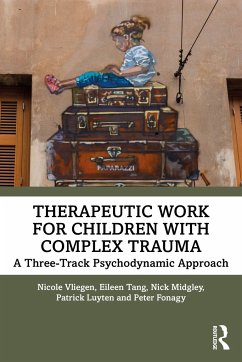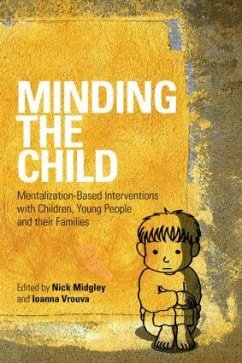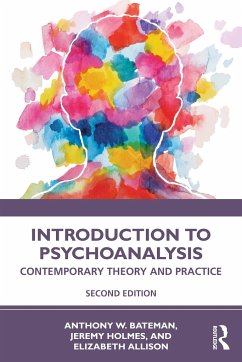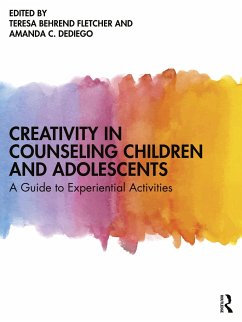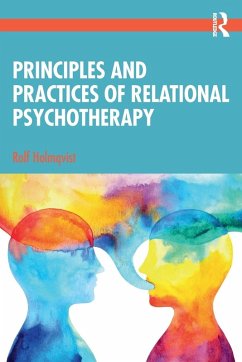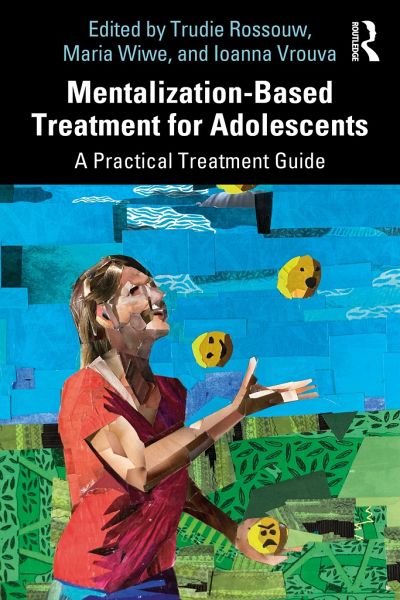
Mentalization-Based Treatment for Adolescents
A Practical Treatment Guide
Herausgegeben: Rossouw, Trudie; Wiwe, Maria; Vrouva, Ioanna

PAYBACK Punkte
16 °P sammeln!
Mentalization-Based Treatment for Adolescents (MBT-A) is a practical guide for child and adolescent mental health professionals to help enhance their knowledge, skills and practice.The book focuses on describing MBT work with adolescents in a practical way that reflects everyday clinical practice. With chapters authored by international experts, it elucidates how to work within a mentalization-based framework with adolescents in individual, family and group settings. Following an initial theoretical orientation embedded in adolescent development, the second part of the book illuminates the MBT...
Mentalization-Based Treatment for Adolescents (MBT-A) is a practical guide for child and adolescent mental health professionals to help enhance their knowledge, skills and practice.
The book focuses on describing MBT work with adolescents in a practical way that reflects everyday clinical practice. With chapters authored by international experts, it elucidates how to work within a mentalization-based framework with adolescents in individual, family and group settings. Following an initial theoretical orientation embedded in adolescent development, the second part of the book illuminates the MBT stance and technique when working with young people, as well as the supervisory structures employed to sustain the MBT-A therapist. The third part describes applications of MBT-A therapies to support adolescents with a range of presentations.
This book will appeal to therapists working with adolescents who wish to develop their expertise in MBT as well as other child andadolescent mental health professionals.
The book focuses on describing MBT work with adolescents in a practical way that reflects everyday clinical practice. With chapters authored by international experts, it elucidates how to work within a mentalization-based framework with adolescents in individual, family and group settings. Following an initial theoretical orientation embedded in adolescent development, the second part of the book illuminates the MBT stance and technique when working with young people, as well as the supervisory structures employed to sustain the MBT-A therapist. The third part describes applications of MBT-A therapies to support adolescents with a range of presentations.
This book will appeal to therapists working with adolescents who wish to develop their expertise in MBT as well as other child andadolescent mental health professionals.






